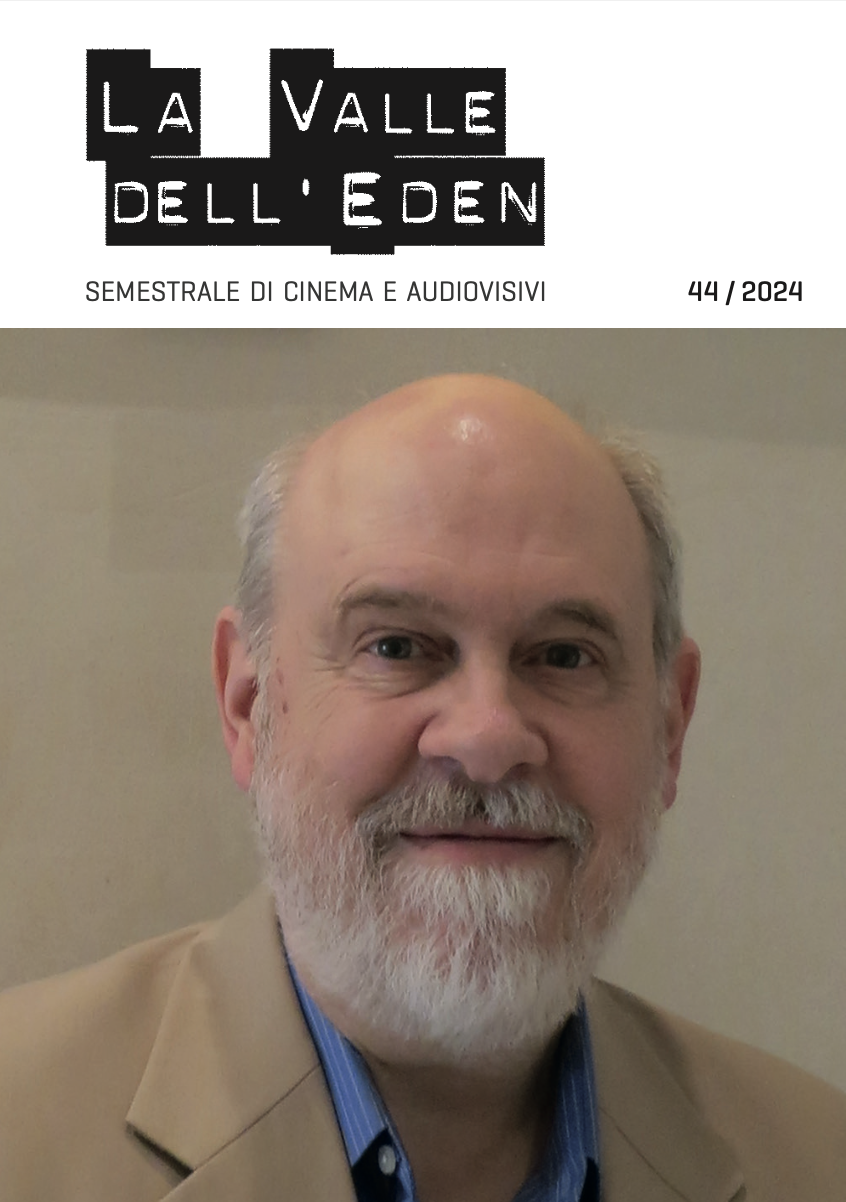Lo spettatore pensa, lo spettatore fa
David Bordwell e la costruzione dei Film Studies contemporanei
DOI:
https://doi.org/10.13135/1970-6391/12567Abstract
The article analyzes David Bordwell’s contribution to contemporary film studies, emphasizing the importance of the viewer’s active role in the perception and interpretation process of film. Starting in the 1980s, Bordwell shifted the focus from psychoanalysis to cognitive sciences, proposing an empirical analysis of cinematic narration that considers the mental dynamics of viewers. To this end, he highlighted how the viewer is not merely a passive receiver, but an active formulator of hypotheses and inferences. The discussion also includes critiques and debates that occurred between Bordwell and other scholars, such as Dudley Andrew and Warren Buckland, underscoring the tensions between analytical approaches and more traditional theories. Additionally, it touches on the evolution of embodied cognition and the link between neuroscience and cinematic experience, suggesting a continuous relevance of Bordwell’s thinking in the current context of film studies.
Downloads
Published
How to Cite
Issue
Section
License

This work is licensed under a Creative Commons Attribution-NonCommercial-NoDerivatives 4.0 International License.

